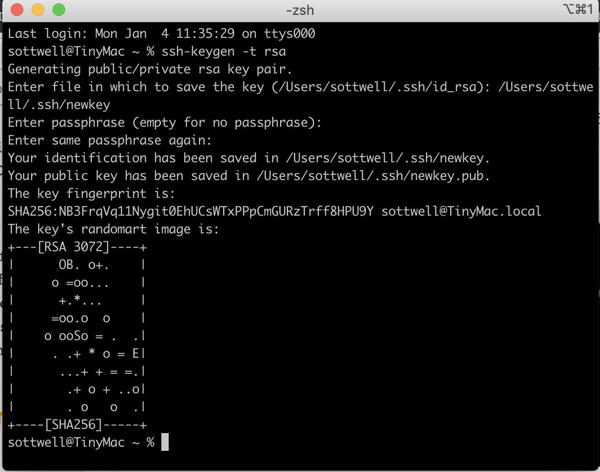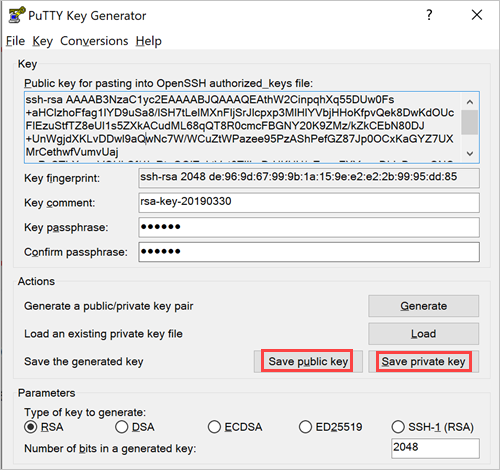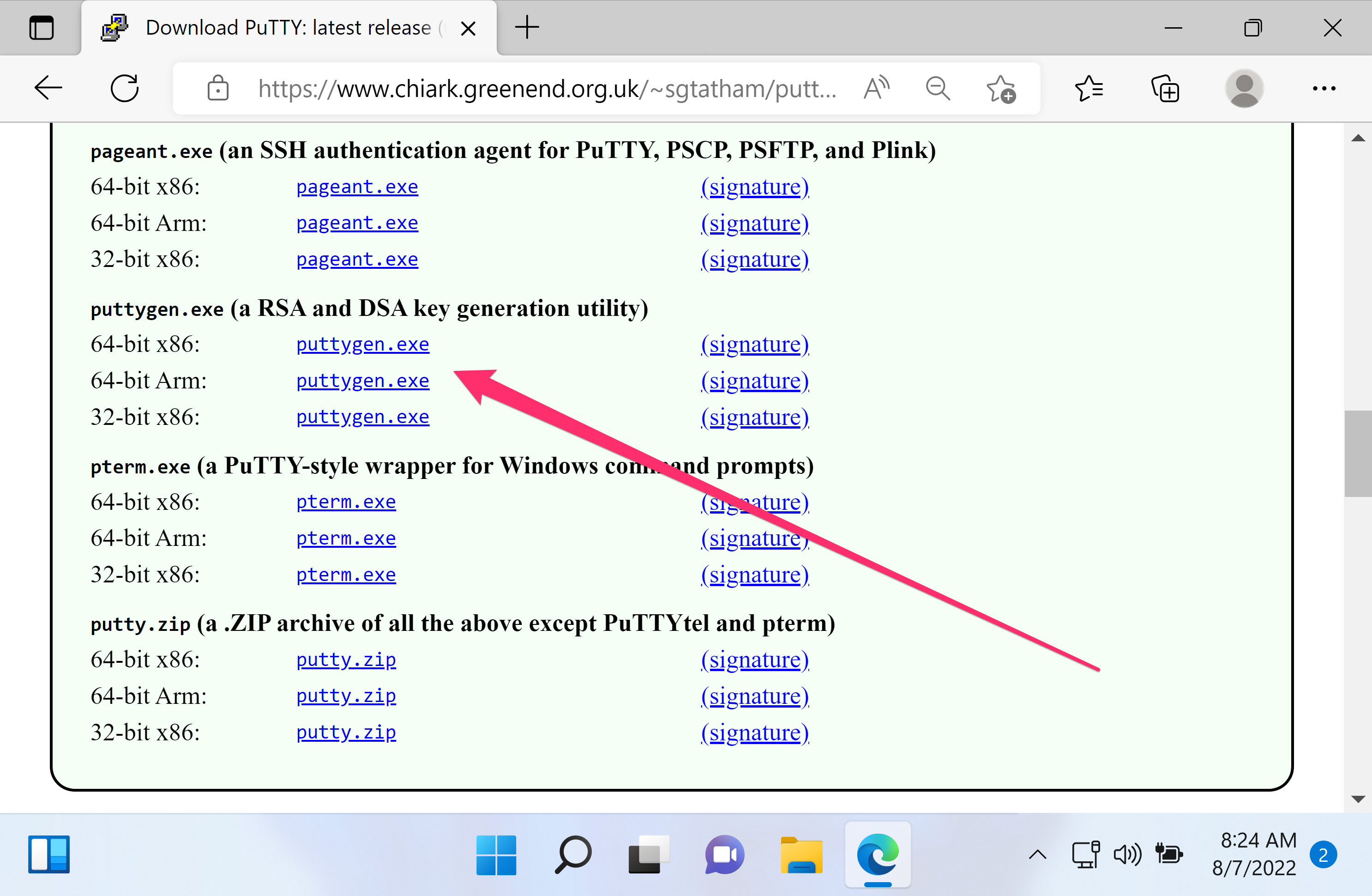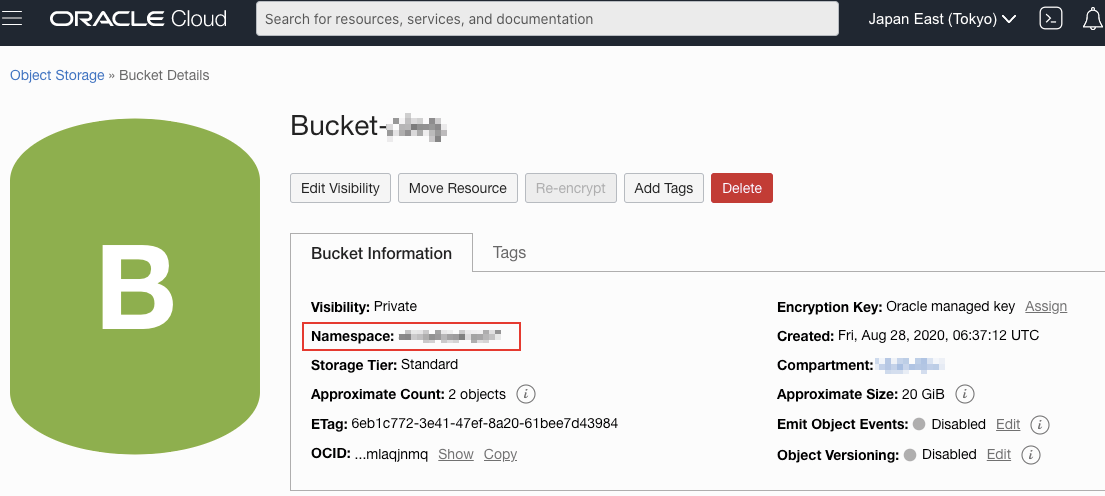Opened on Sep 19, 2007 at 2:59:00 PM
- What Is Public Key
- Generate Public Key In Cyberduck Key
- Public Key Definition
- Generate Public Key In Cyberduck Download
Run the command ssh-keygen from the Terminal.app (macOS) or console (Windows) to generate a public/private pair of keys. They will be put in your directory /.ssh, though you will probably be asked to approve or change this location. When you generate the keys you will be asked for a 'passphrase'. SSH employs Public Key Cryptography to ensure that only authorized clients can create a secure connection with the server. We will see it using Bob and Alice’s example.
Closed on Mar 27, 2010 at 5:34:15 PM
Last modified on May 15, 2011 at 4:51:03 PM
#1264closeddefect (fixed)
| Reported by: | Owned by: | dkocher | |
|---|---|---|---|
| Priority: | high | Milestone: | 3.4.2 |
| Component: | sftp | Version: | 2.7.3 |
| Severity: | blocker | Keywords: | |
| Cc: | Architecture: | ||
| Platform: |

Attachments (1)
- cyberduck_error.png (33.4 KB) - added by dkocheron Dec 19, 2007 at 11:23:06 PM.
Download all attachments as: .zip
Change History (25)
comment:1 Changed on Sep 19, 2007 at 8:14:18 PM by dkocher
comment:2 Changed on Nov 19, 2007 at 1:10:12 PM by fisler

- Ccjoel.fisler@id.uzh.ch added
comment:3 Changed on Dec 4, 2007 at 9:05:15 PM by dkocher
- Milestone set to 2.8.3
- Resolution set to worksforme
- Status changed from new to closed
comment:4 Changed on Dec 10, 2007 at 7:22:37 PM by fisler
- Resolutionworksforme deleted
- Status changed from closed to reopened
Changed on Dec 19, 2007 at 11:23:06 PM by dkocher
- Attachmentcyberduck_error.png added
comment:5 Changed on Dec 19, 2007 at 11:26:22 PM by dkocher
comment:6 Changed on Dec 19, 2007 at 11:27:44 PM by dkocher

comment:7 Changed on Dec 23, 2007 at 8:11:56 PM by dkocher
- Resolution set to worksforme
- Status changed from reopened to closed
comment:8 Changed on Jan 7, 2008 at 4:09:52 PM by fisler
- Resolutionworksforme deleted
- Status changed from closed to reopened
comment:9 Changed on Jan 7, 2008 at 4:17:40 PM by fisler
comment:10 Changed on Jan 21, 2008 at 4:22:41 PM by dkocher
comment:11 Changed on Jan 23, 2008 at 6:59:10 PM by dkocher
- Milestone2.8.4 deleted
comment:12 Changed on May 15, 2009 at 11:15:52 AM by DukBerCy
comment:13follow-up:↓ 14 Changed on May 15, 2009 at 11:22:00 AM by DukBerCy
comment:14 in reply to: ↑ 13 ; follow-up:↓ 15 Changed on May 15, 2009 at 12:11:04 PM by dkocher
comment:15 in reply to: ↑ 14 Changed on May 15, 2009 at 12:11:51 PM by dkocher

comment:16 Changed on Jul 19, 2009 at 3:48:55 PM by anonymous
comment:17follow-up:↓ 18 Changed on Nov 15, 2009 at 10:08:41 PM by sidd
comment:18 in reply to: ↑ 17 ; follow-up:↓ 19 Changed on Nov 15, 2009 at 11:21:33 PM by sidd
comment:19 in reply to: ↑ 18 Changed on Nov 15, 2009 at 11:40:28 PM by dkocher
comment:20follow-up:↓ 21 Changed on Feb 17, 2010 at 3:53:56 PM by Babypoohbearnme@yahoo.com
comment:21 in reply to: ↑ 20 Changed on Mar 5, 2010 at 1:39:43 PM by gerbsen@gmail.com
comment:22follow-up:↓ 23 Changed on Mar 10, 2010 at 4:11:40 PM by tismer@stackless.com
comment:23 in reply to: ↑ 22 Changed on Mar 27, 2010 at 5:34:15 PM by dkocher
- Milestone set to 3.4.2
- Resolution set to fixed
- Status changed from reopened to closed

comment:24 Changed on May 15, 2011 at 4:51:03 PM by peterhil
Download in other formats:
What Is Public Key
This section of Getting Started assumes that:
- You have recently installed Bitvise SSH Server.
- You have configured the SSH Server for access using SFTP, for Git access, or another purpose.
- You have installed Bitvise SSH Client on the computer from which you wish to connect.
- You wish to configure public key authentication between the SSH Server and Client.
Before you configure public key authentication, it is important to understand:
- Public keys, in the way they are commonly used in SSH, are not X.509 certificates.
- Client authentication keys are separate from server authentication keys (host keys).
- A keypair consists of a private key and a public key, which are separate.
- A private key should never be sent to another party. It is private.
If this is the first time you are using public keys, we recommend the page Public keys in SSH.
Generate Public Key In Cyberduck Key
To use public key authentication, the client from which you are connecting needs to have a public/private keypair. To generate a keypair using Bitvise SSH Client, run the graphical SSH Client, and open the Client key manager:
Press the Generate button to generate a new keypair:
Guidelines:
Unless required for compatibility reasons, do not generate a DSA keypair. Only 1024-bit DSA keys are interoperable in SSH, and this key size is no longer considered adequate when using the DSA algorithm. Generate either an ECDSA keypair, or an RSA keypair of size 2048 bits or larger.
If you have saved a named SSH Client profile, the keypair generation interface will offer to store the keypair either in the profile, or globally.
When the keypair is stored globally, it is stored in the Windows registry for the current user, under HKCUSoftwareBitviseKeypairs.
It may be useful to store the keypair in a profile if the profile is going to be used on other computers, or by a job that runs as a different Windows account on the same computer. In SSH Client versions 7.xx and higher, the setting Sensitive information accessibility on the Login tab controls whether a keypair stored in the profile can be read by another Windows user, or on another computer.
You can choose a passphrase with which to protect the keypair. If you enter a passphrase, you will need to provide it every time the keypair is used for authentication.
Before you can use public key authentication, the public key for the keypair you have generated must be configured in the SSH Server. If you are able to connect to the SSH Server using password authentication, you can connect to the server and upload the public key using the Client key manager:
If the SSH Server does not allow you to connect using password authentication, or does not allow you to upload the key, you will need to send the public key to the server administrator using an alternate method of communication. To do this, export the public key using the Client key manager:
For help with importing the public key into Bitvise SSH Server, check the Public Key Authentication section of our SSH Server Usage FAQ.
Once the public key has been uploaded or imported for your account in the SSH Server, configure the SSH Client to enable public key authentication on the Login tab:
Public Key Definition
You should now be able to connect to the SSH Server using your public key:
Generate Public Key In Cyberduck Download
Save the profile to preserve this configuration.